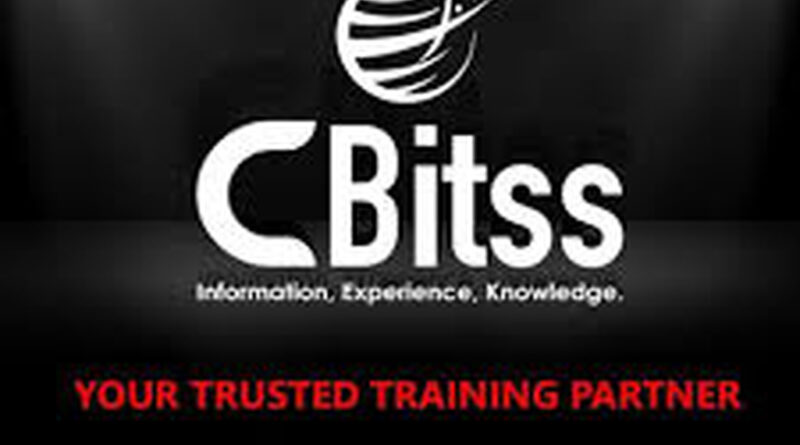Accounting courses for non accountants
Table of Contents
The Future of Accounting: What Non-Accountants Should Be Aware Of
Introduction
The accounting profession is evolving rapidly due to technological advancements and changing business needs. For non-accountants, understanding these changes is crucial. Accounting courses for non-accountants can provide valuable insights into this evolving field. This article explores key trends shaping the future of accounting and what non-accountants should know.
The Rise of Automation
Automation in Accounting
Automation is transforming the accounting landscape. Routine tasks, such as data entry and invoice processing, are now automated. Software tools can perform these tasks quickly and accurately. This shift allows accountants to focus on higher-value activities.
Impact on Non-Accountants
Non-accountants can benefit from understanding automation. Familiarity with automated tools can enhance productivity. Knowing how to use these tools can improve efficiency in any role.
Data Analytics in Accounting
Importance of Data Analytics
Data analytics is becoming a vital part of accounting. Companies use analytics to gain insights into financial performance. Accountants analyze large datasets to make informed decisions. This skill is essential for future accountants.
Opportunities for Non-Accountants
Non-accountants should consider learning about data analytics. Basic knowledge can help in various roles. Understanding data can lead to better decision-making. Many accounting courses for non-accountants now include data analytics modules.
The Shift to Cloud Accounting
What is Cloud Accounting?
Cloud accounting refers to using online software to manage financial data. This approach offers accessibility and flexibility. Users can access financial information from anywhere with an internet connection.
Benefits for Non-Accountants
Non-accountants can take advantage of cloud accounting. It simplifies financial management and collaboration. Teams can work together in real-time, regardless of location. Understanding cloud accounting tools can be a valuable asset.
Sustainability and Ethical Accounting
Growing Importance of Sustainability
Sustainability is a significant focus for modern businesses. Companies are increasingly held accountable for their environmental impact. Accountants play a crucial role in measuring and reporting sustainability efforts.
Ethical Considerations for Non-Accountants
Non-accountants should be aware of ethical accounting practices. Understanding sustainability and ethics is essential in today’s business environment. This knowledge can enhance a professional’s reputation and credibility.
The Role of Artificial Intelligence (AI)
AI in Accounting
Artificial intelligence is revolutionizing the accounting industry. AI can analyze vast amounts of data quickly. It helps identify trends and anomalies that human accountants might miss.
Learning AI Tools
Non-accountants should familiarize themselves with AI tools. Understanding how AI works in accounting can improve job performance. Knowledge of AI can make a candidate stand out in the job market.
Evolving Skill Sets
New Skills for Accountants
The accounting profession requires a new set of skills. Accountants must be adaptable and willing to learn. Skills in technology, data analysis, and communication are increasingly important.
Importance for Non-Accountants
Non-accountants also need to adapt to these changes. Developing relevant skills can enhance career prospects. Courses in accounting and finance can help build a solid foundation.
Regulatory Changes
Keeping Up with Regulations
Accounting regulations are constantly changing. New laws and standards affect how financial information is reported. Staying updated is essential for professionals in any field.
Implications for Non-Accountants
Non-accountants should be aware of these changes. Understanding regulatory requirements can help in compliance. Courses in accounting often cover essential regulations that affect various industries.
The Future of Remote Work
Remote Accounting Jobs
The COVID-19 pandemic accelerated the shift to remote work. Many accounting professionals now work from home. This trend is likely to continue in the future.
Adapting to Remote Work
Non-accountants should prepare for remote work opportunities. Being comfortable with virtual communication tools is essential. Understanding how to collaborate online can enhance job performance.
Conclusion
The future of accounting presents exciting opportunities and challenges. Non-accountants should be proactive in adapting to these changes. Understanding automation, data analytics, cloud accounting, and ethical practices is essential. By taking accounting courses for non-accountants, individuals can gain valuable insights. This knowledge can enhance career prospects and prepare for the future of work in accounting. Embracing change is crucial for success in this evolving field.



